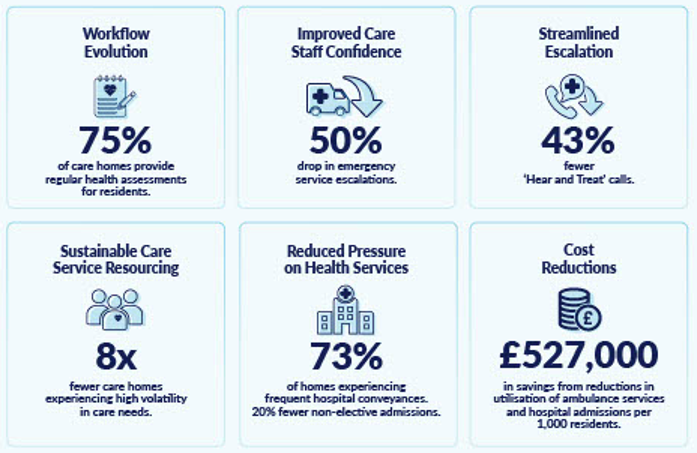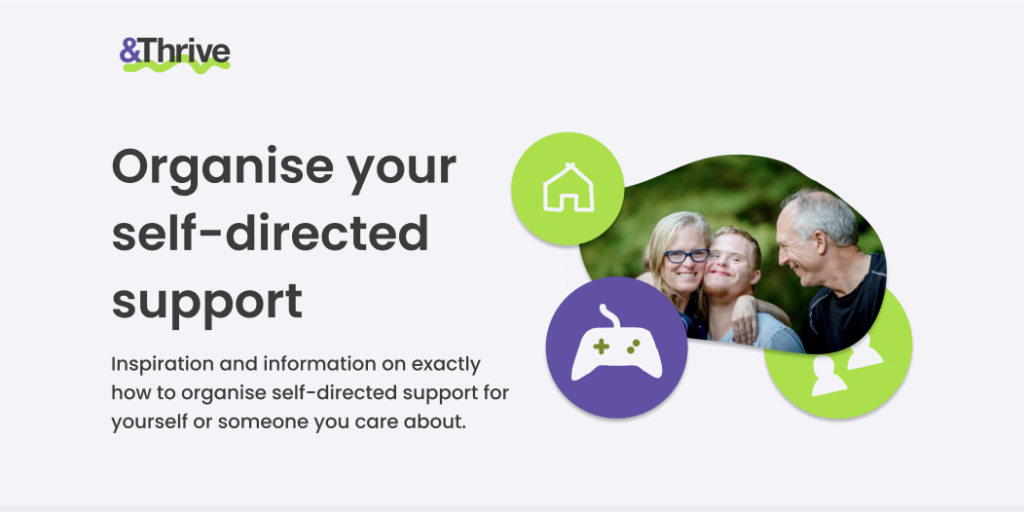Co-production…across the Digital Divide

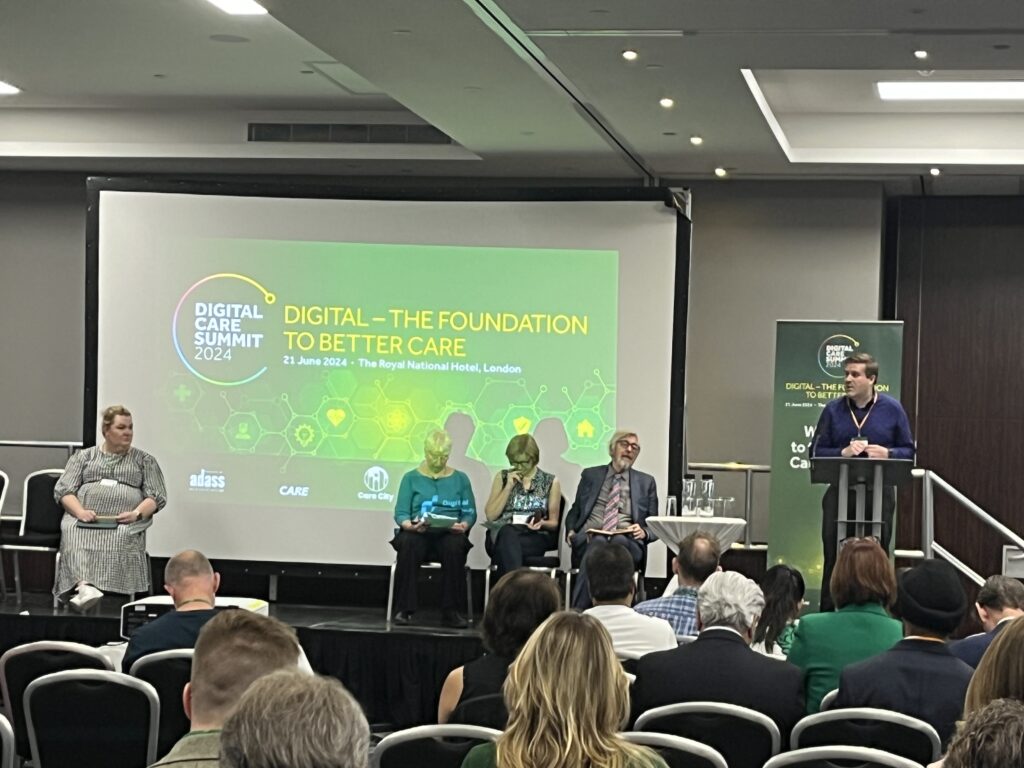
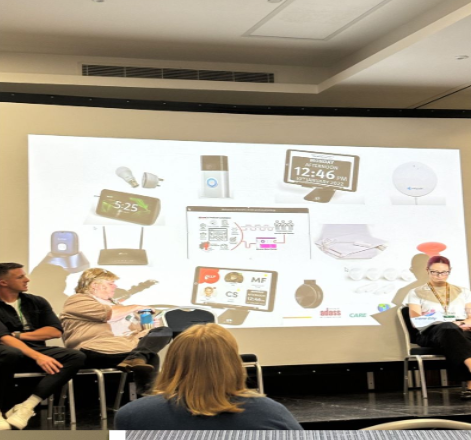
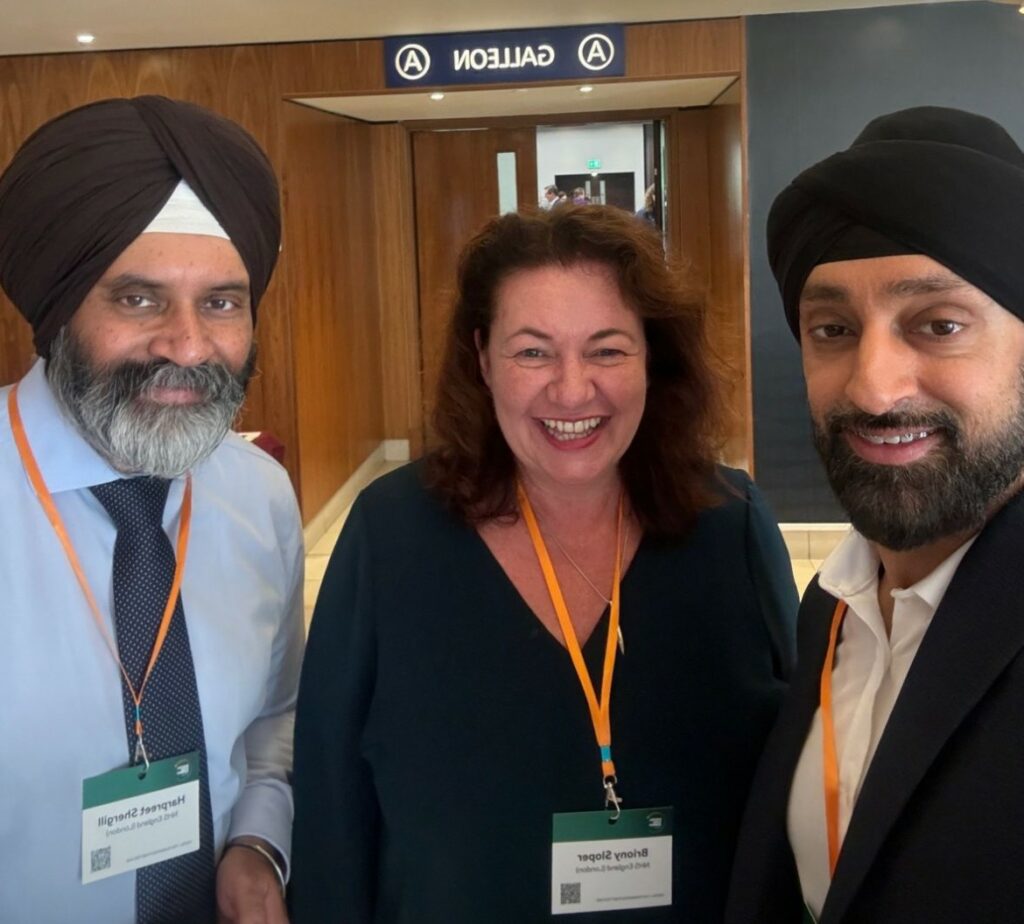
Paul Corrigan’s blog looks at how we need to apply the spirit and imagination of co-production to overcome the digital divide.
Last month Care City CIC, NHS England-London, ADASS and Digital Care Hub ran the very first Digital Care Summit. This brought hundreds of people from local government, care, health and technology together alongside people with lived experience of services to discuss new ways of working supported by technology to deliver better outcomes for people. At the Summit, Paul Corrigan, Chair of Care City CIC, opened with a reminder that we all need to address the digital divide and put co-production at the heart of our approach to technology. He shares some of his thoughts in today’s blog post.
The growing co production movement is helping us transform the way in which health and care services are both delivered and received. In fact, it’s because it deliberately blurs what is sometimes a big gulf between the usually separate acts of ‘delivering’ and ‘receiving’ that co production is so important. Usually a professional ‘delivers and an ordinary person ‘receives’ The good professional will recognise that often the service they are ‘delivering’ is totally different from one that the person is ‘receiving’. This separation, created by power, causes problems in almost every service.
The nation’s biggest and most recent example was the COVID-19 epidemic itself. It was crucial to determine whether the messages about the infection crisis from the Government and the NHS were actually communicated to everyone. What was clear from the beginning is that whilst the messages were being ‘delivered’ for quite a large percentage, they were not being ‘received’.
And an infection crisis is different from other crises. As we found in Covid, an infection crisis actually involves everyone. Everyone can get the infection, and everyone needs to receive and understand the communications about it. If some people don’t receive the communication, and if that group of people retain the infection, then in a modern society the chance that the infected group will bump into any other group and carry the infection to them is high.
That’s why, since we needed to communicate with everyone, Covid needed messaging that was co-produced so that the message was understood by everyone. Within a few months every London borough had a set of Covid champions, one of whose tasks was to take the original message, sent from the top, back up the chain to the top, to say that for some, the message meant absolutely nothing. That for some communities, for the communication to have an impact and be effective, the message, the language used, the way it was shared, needed to change.
To ensure communication of such important messages, the Covid champions co-produced the messages so that people could really understand how they had to behave. For a while co production became the normal way service providers behaved. In some of the best examples, councils shared power directly with communities, recognising that local groups were better placed to reach diverse populations.
Over the next few years if we are going to succeed in fully applying all the technology that we could use in health and social care, we are going to need to apply that spirit and imagination of co production again.
Health and social care has aways used the technology of the age. Needles and threads anaesthetics, disinfectants, chemicals, lifting devices, x rays, scanner and now genomics and AI. If we fail to apply the best technology that our age can create, then we fail to relieve all the pain and distress that we can. Some parts of that technology are only useful in the hands of trained clinicians. But we are now entering an age where much of modern technology can be used by the patient and their carer to monitor and provide early warnings of a deterioration in a patient’s health.
Many emergency beds in our hospitals are filled with people whose health has suddenly deteriorated and they have become very ill because no one caught it in time. One concrete example from my own health. In January I had some surgery on my face and in the few hours afterwards my blood pressure went through the roof and stayed here. 12 hours after the operation it was still at 200. This is very high.
The hospital wanted me to go home, and I wanted to go home, but this was a bit dangerous. I had a blood pressure monitoring machine at home and the hospital said that if I promised to take it twice a day and share the results with my GP, I could go home.
My GP (this was new) sent me a text that meant over the week I could upload the blood pressure results to the nurse. They checked them and a week later I was discharged by the GP.
The hospital got me out of their bed a few days early. I didn’t have to go the see my GP every day and I could report everything by text.
What is interesting about that is that I refer to it as new technology, but it isn’t, Nearly all of this communication technology I have been using to do my banking for a decade. So, this moderately old technology saved me and the NHS a lot of time and anxiety.
This is modern health care. A conservative reckoning is that in five years a third of all NHS care will be carried out through the App. This is the future. BUT BUT BUT, unless all the communication for the way in which we make this future is co-produced with patients and the public, then for a chunk of the population it just won’t work.
So, in my own example, they could depend upon my tech understanding of using the blood pressure monitor and reporting the results. To get out of the hospital, I was motivated to do this. But many people my age with high blood pressure would feel much more intimidated by the tech. That means for them higher anxiety and for the health service blocked beds.
But if we want a modern tech enabled health service we are going to have to – to take my example – codesign a way of communicating with paid and unpaid carers about how we all use health monitoring equipment and how we digitally communicate these results to clinicians.
For people who have up to now been digitally excluded this will have to be developed and communicated in a different way. WE will need to co-produce a language and an understanding that is different for different people. And that is what co production means.
We really need a tech enabled NHS and social care system. The NHS prides itself on equal access for all. But many individuals are on the wrong side of a deep digital divide and don’t feel at all happy about using tech.
If we don’t ensure co production is at the heart of developing new methods of delivering health & social care through technology, we will exclude lots of people. We and they can’t afford to do that.
We intend to run the Digital Care Summit again in 2025. If you are interested in being involved and helping to make this even bigger and better – please get in touch!


